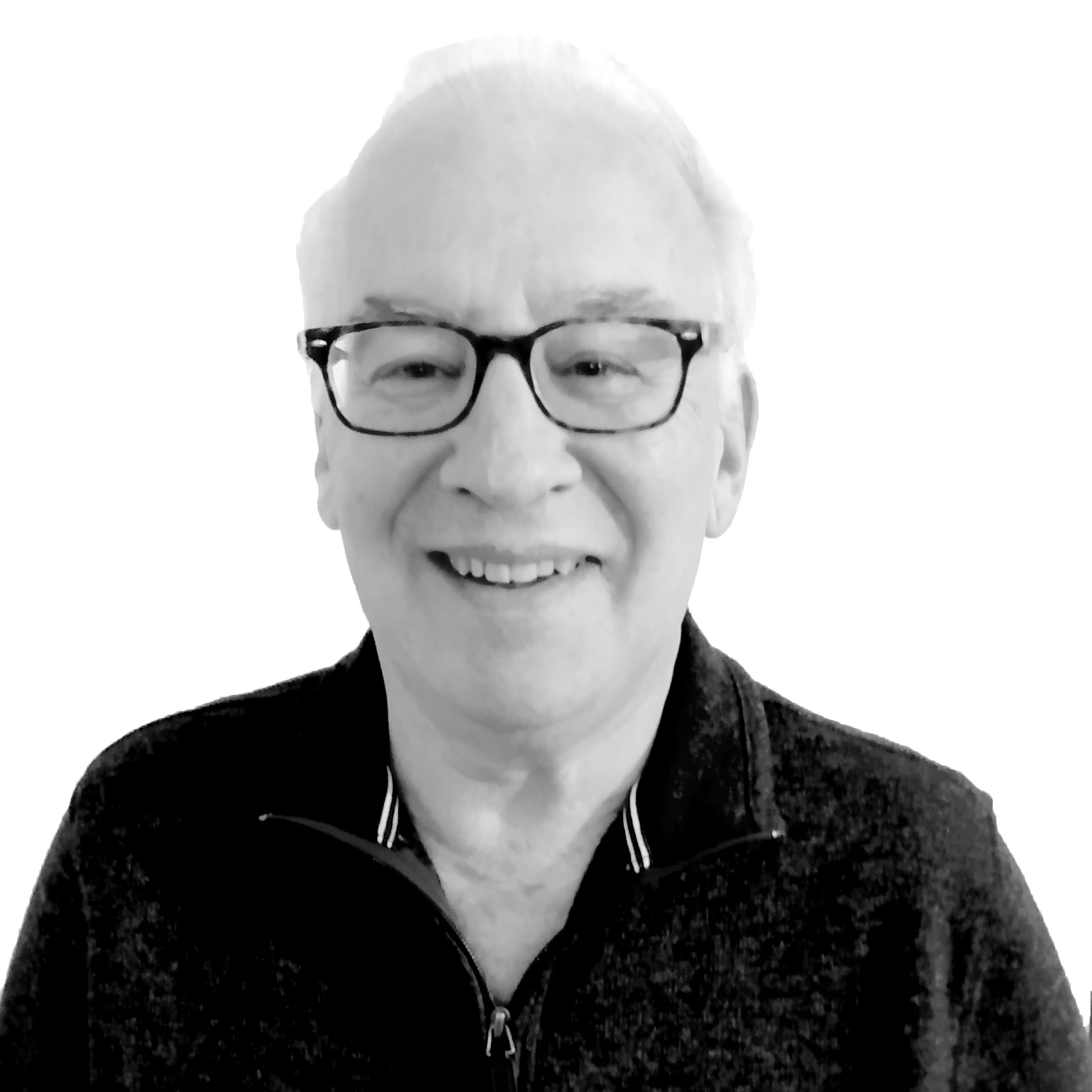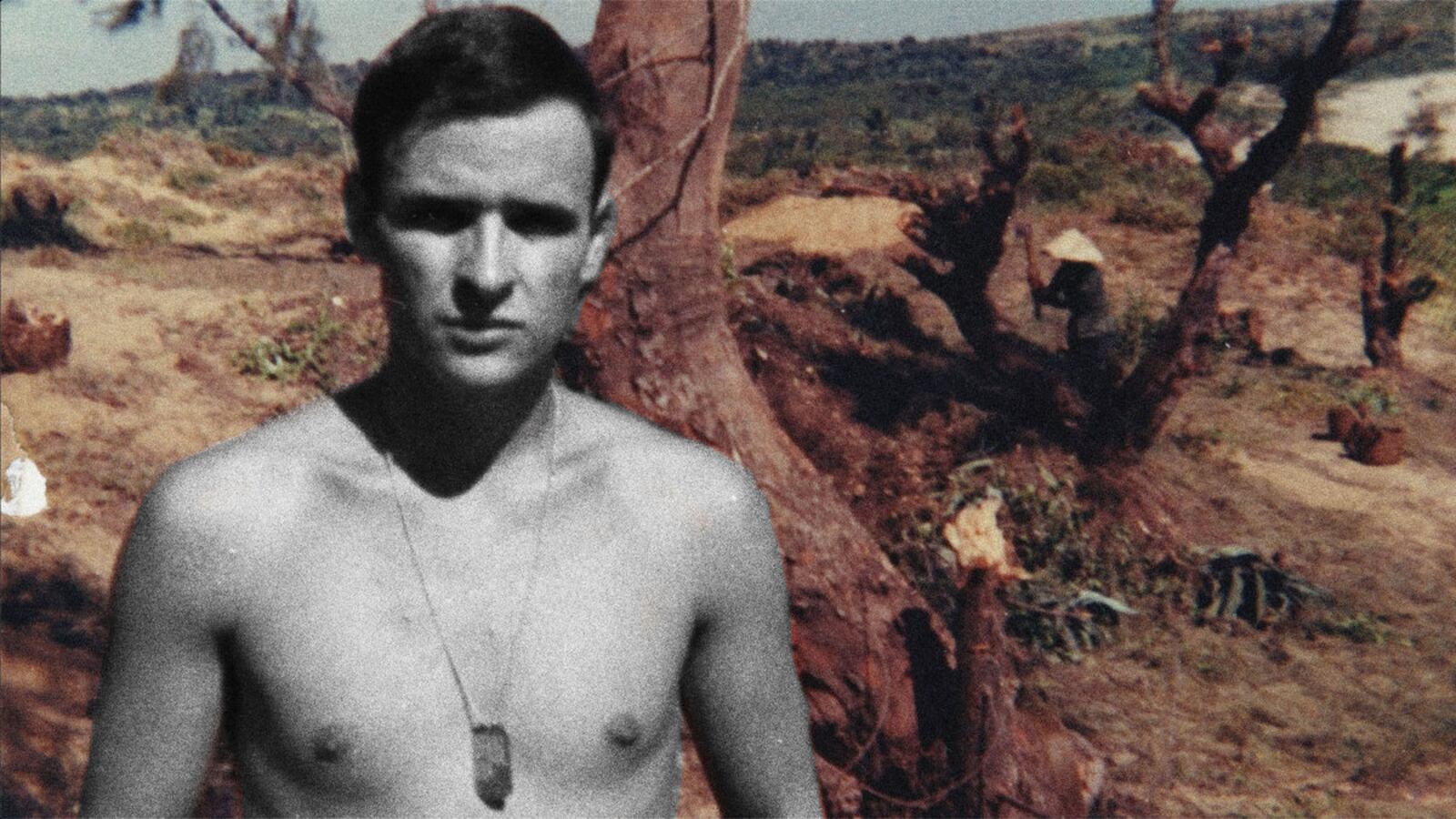Tim O’Brien has what he calls a lesson in outrage for his two teenage sons. “If you support a war, go for it; put your blood where your belligerence is, unless of course, you don’t mind the word hypocrite,” says the author of the wildly acclaimed Vietnam War novel The Things They Carried, who is the subject of The War and Peace of Tim O’Brien, a documentary currently available on video-on-demand.
“Dead bodies are heavy, and awkward to carry,” says O’Brien in the film, and “the smell of death can be unpleasant. This death smell will one day be pumped into the nostrils of those who support wars.”
This kind of brutal messaging is no surprise from O’Brien, who has been a noted anti-war proselytizer—or maybe the correct term is anti-stupid-war advocate—since he returned from Vietnam in 1970. His two most famous books, Carried and Going After Cacciato, are harrowing, sometimes surreal looks at a conflict that influenced, and damaged, a whole generation of Americans. Yet despite the critical acclaim these and other works have received, O’Brien, who says he felt he became a writer so he could strike back against war with sentences, acknowledges in the documentary that “sentences don’t do shit.”
“Wars are still happening in our era, and there’s a sense of futility, that we still keep killing one another, for reasons that might be in our chemistry, or our socialization,” O’Brien told The Daily Beast in a phone interview from his home in Austin, Texas. “We are never short of reasons to kill people, and books do not satisfy our appetite for killing.”
The War and Peace of Tim O’Brien is an in-depth look at a complicated, sometimes very prickly man. A two-pack-a-day smoker prone to wearing baseball caps in nearly every setting, he is a devoted father, Boston Celtics fan, and a talented amateur magician who draws a comparison between the illusion of magic and that of a good novel. He is also an artist who has obviously been forever affected by his wartime experiences, and a writer whose process is tortuous and meticulous in the extreme, whose mood can depend on good or bad writing days. In the film he is shown agonizing over the writing of his first book in 15 years, Dad’s Maybe Book, a compendium of stories, memories, and advice for his sons, which was published in 2019.
“There’s a pressure to get the sentences as well made as you can,” says O’Brien of his writing technique, “so for me, it’s gotten harder and harder, and as I’ve gotten older [he’s now 74], I’ve gotten more stern with myself, not satisfied with the first or second draft, and I think that has made my books better. The outcome is worth the agony.”
Still, despite other critically acclaimed works—Going After Cacciato won the 1979 National Book Award and In the Lake of the Woods was named best novel of 1994 by Time magazine—when people think of O’Brien, it all comes back to his 1990 masterwork, The Things They Carried. This set of interlocked short stories about a Vietnam era platoon was a finalist for the Pulitzer Prize and National Book Critics Circle Award; has sold over two million copies; is regularly taught in schools; and is set to be turned into a film starring Tom Hardy (A chapter from Carry called “The Sweetheart of Son Tra Bong” was made into a 1998 TV movie, A Soldier’s Sweetheart, starring Kiefer Sutherland).
“It pleases me the book was well received,” says O’Brien of his most famous work, “and that it’s still a popular book. It’s also something of an albatross. I think Cacciato is as artistically successful, and In the Lake of the Woods is probably my best book, and it kind of depresses me [Things] overshadows the others. But the good side is I receive letters that say, ‘My husband or son won’t talk about the war, and at least I have an inkling of what’s happening to him,’ and that makes me cheer up.”
And that, in a sense, is why O’Brien and his work is so important. History has shown that the Vietnam War was a huge, Cold War era mistake, and in many ways society has swept it under the rug. O’Brien can relate to that personally, and in so doing, speaks for many veterans.
“I came back from the war and went to my hometown, and all they wanted to hear was I’m fine, I’m great, no problem. They did not want to hear any war stories,” he says. “Then I went to Harvard [where O’Brien attended graduate school] and I was among classmates who did not go to Vietnam, I did not meet a single Vietnam vet, and I had nothing in common with them. To this day it’s kind of that way, I’m most at home with the guys I served with. We don’t talk in terms of glory, we talk about do you remember what happened that day, or that day, and I feel completely comfortable.”
In the documentary, O’Brien says he believes “America kind of betrayed itself” in Vietnam, and though he acknowledges that most veterans of the war are proud of their service, he is not. “One man’s pride is another man’s sorrow,” he says. And yet he recognizes that the majority of vets he has encountered over the years have heard of his books, even though their reactions run the gamut from adoration to disgust.
“There is a phenomenon of vets looking back at wars with nostalgia,” he says, “and others look at the same experiences with horror. The books are not written for vets, but for people who haven’t been in wars. War is mean, nasty, filthy, obscene. There are others who feel differently.”
Not that O’Brien feels all wars are unjust or unnecessary. He may feel that his purpose in life is to make sure that people don’t go to war for silly, stupid reasons, but in the case of something like World War II, “there are times when evil requires a violent response, when rationality doesn’t work,” he says. “But in my lifetime, I haven’t encountered one yet that is worth the killing. We keep intruding in the affairs of other people. We’re doing it constantly, and the hypocrisy of that is stunning.”






